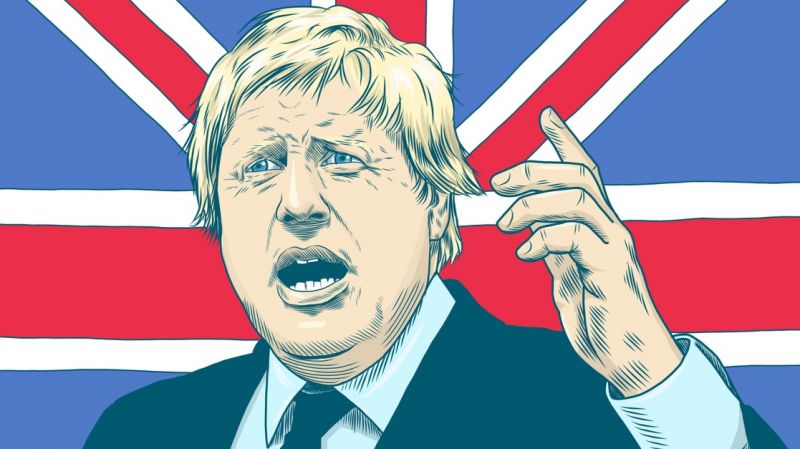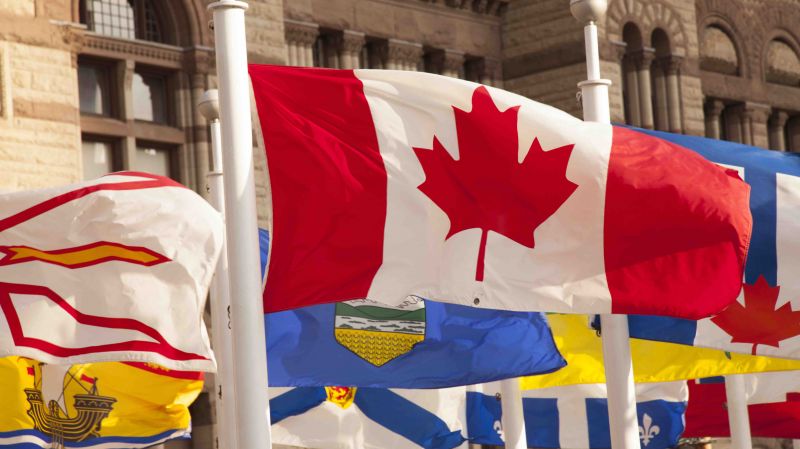We All Live In Brexit’s World of Hurt
In the months ahead, companies will be looking for one thing: clarity. But will they get it?

With the recent election of Boris Johnson, momentum around Brexit is mounting. For Canadian companies doing business in Europe, there are many issues to consider. To help make sense of it all, Smith Business Insight spoke with David Detomasi, associate professor and Distinguished Faculty Fellow of International Business at Smith School of Business. Detomasi says that while there’s no reason to panic over Brexit, it will be a “big shock to the system” in Europe, with potential reverberations elsewhere. “It’s not as if the European Union can just lose a big part of itself and just keep going as usual.”
We hear a lot about the politics of Brexit but less about how it will impact Canada. Is that because it’s just not that big a deal for us?
The numbers would indicate that it is a big deal, but there are other things going on in the world for Canada right now that have our attention. By far the biggest is our relationship with the United States and a particular U.S. president who happens to be somewhat, shall we say, unpredictable and mercurial in his outlook. About 80 percent of Canadian investment in trade is with the U.S., so we sometimes don’t put our eye as much on Europe. However, we signed CETA (the Canada-European Union Comprehensive Economic and Trade Agreement), and the European Union is our second-largest trading partner after the U.S. Britain is a significant part of our trade in Europe. So Brexit is certainly not trivial to Canada.
What effect might Brexit have on Canada?
There are a number of issues to consider, and I think you have to look at it in terms of first-order effects and second-order effects. One first-order effect is that there will be regulatory risks for companies that wish to export to or import from the European Union and Great Britain, depending on how those two are going to be together or not. We just don’t know what the rules are going to be after Brexit. London is also a big, big banking centre. So what is Brexit going to do to monetary relations and to the financial markets?
A second-order effect would involve business confidence. Companies have to have a lot of confidence when they’re investing – even in an advanced economy like Western Europe – and they might be a little bit more skittish now. A company may be willing to export its products to Europe, but it won't go open a plant there or add to an existing plant.
Canada has a free-trade agreement with the European Union (CETA) so wouldn’t our trade relations with Europe, outside the U.K., just continue as before?
For the rest of the European Union, probably. But Brexit appears to be a defeat of globalization, and there’s a question of how other European countries will react. There are many countries in Europe that have significant chunks of their population that are also not high on the idea of the EU, and never have been. So could Brexit lead to other countries choosing to defect? And similarly, if Great Britain can leave the EU, why can’t the Scots and the Irish have full independence? Brexit may allow others to question the value of belonging to this big European Union experiment and that may cascade into other independence efforts elsewhere.
What will Canadian companies that do business in Europe and Britain be looking for after Brexit?
Clarity. Any businessperson will tell you that what they like to have is clarity about the rules, to know what the rules are going to be and that they’re not going to change – and if they are going to change, they are going to change for everybody the same way in a very clear process. Then they can decide to make an investment or not. With Brexit, it’s been three years of not knowing. You’re seeing that in a lot of countries in the world due to global trade uncertainties. Companies are not reinvesting in their factories as much as they used to and inter-company trade is slowing down. That’s the stuff that is hard to see, but over time it slows down the pace of economic growth and is probably more detrimental to global economic growth than is the threat of Brexit itself.
Should Canada quickly negotiate a free trade deal with the U.K.?
First, the Europeans and the U.K. have to figure out what they’re going to do. I don’t think Canada can negotiate a free trade agreement with the United Kingdom before they are officially out of the European Union. Negotiating a deal too soon would make it look like we thought Brexit was a done deal – and we don’t want that. Once it is a done deal, you might see a cut-and-paste from our European Union deal, with a few minor changes for the U.K.
Is there a danger, though, that Britain will become more protectionist and not want free trade?
If you think about economic nationalism and populism, which is what seems to be driving the British, it usually means (a) we are going to withdraw from global organizations because we don’t believe in them; and (b) we’re going to look after ourselves first; and (c) put up trade and immigration barriers in favour of local jobs. I’ve heard (a) from Great Britain, and I’ve heard a bit of (b), but I haven’t heard yet a desire to re-install great big trade barriers. I think Brexit is more about Britain wanting to be independent from Europe, and to be seen as independent. That may be more important than the reality of Brexit.
What do you find most fascinating about the Brexit saga so far?
How poorly it was handled and how big a mistake [then British prime minister] David Cameron made in 2016 assuming that the referendum on Brexit would not result in a vote to leave the EU. That they could have so blatantly misread the political environment is really the most interesting thing – since professional politicians are supposed to understand the public’s mood.
—Interview by Robert Gerlsbeck
A version of this article was originally published in July 2019.





